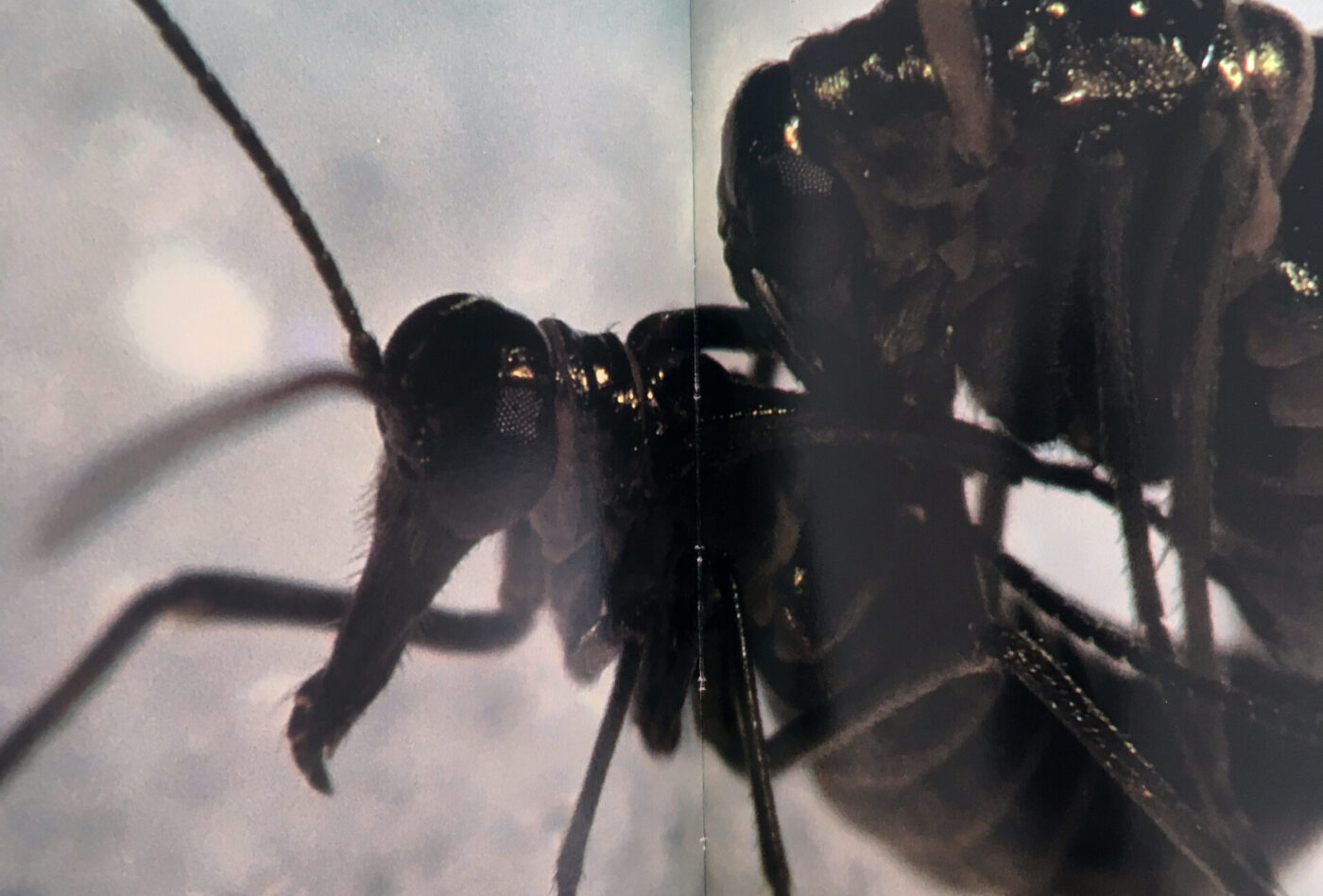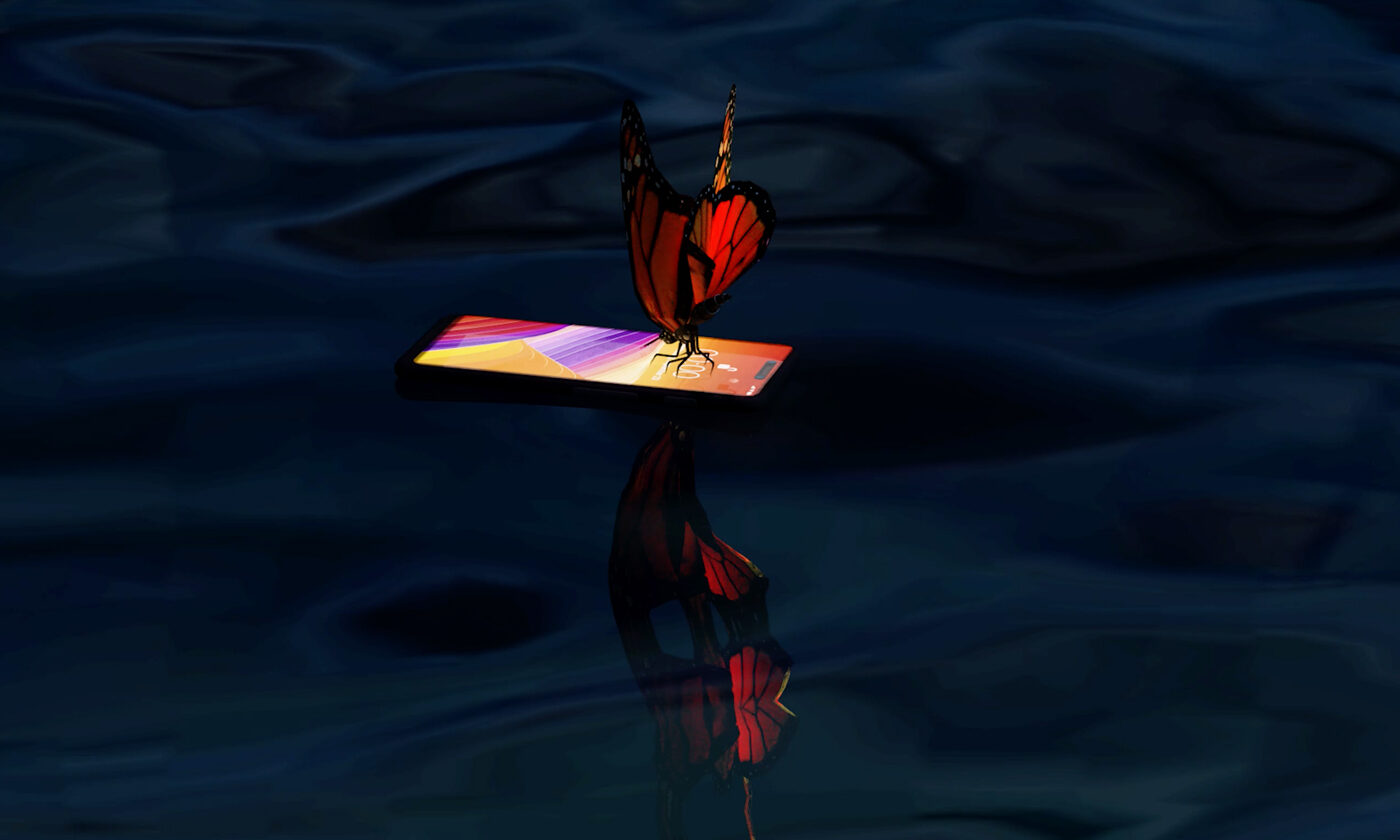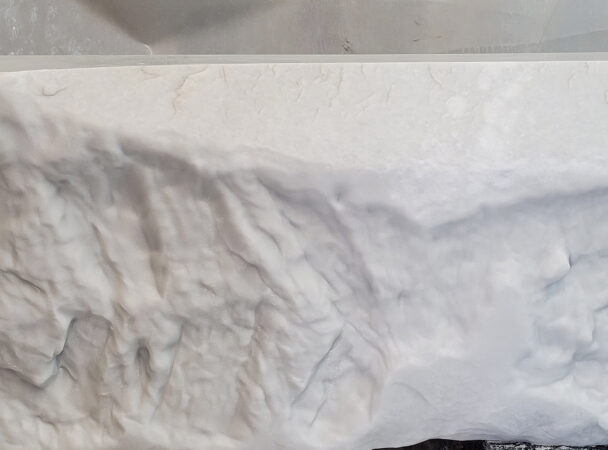
Ahreum Lee
My Mother is Data
10.27–11.26.2022
Room 2
10.27–11.26.2022
Room 2

Opening
Thursday October 27, 7pm
Artist
Ahreum Lee
Ahreum Lee, a South Korean-born interdisciplinary media artist, presents My Mother is Data, an exhibition of extreme virtual sensibility. Her eponymous project, ongoing since 2019, can be interpreted as a collection of screen-based reminiscences; a pixelated genealogy of indeterminate family memories, a heritage that has been destabilized by the virtual, a destined-to-be-forgotten hierarchy of data.
My Mother is Data explores how digital data disrupts our affective memory. It compiles fragments of the Lee’s relationship—or history—with her estranged biological mother. Lee has been in contact with her mother only through telecommunication, namely email or phone calls. The last time she received news of her mother was in 2014, when her father informed her that she had passed away. But this turned out to be a lie. While searching through documents from the Korean government, Lee eventually learned that her mother was still alive. This ordeal led her to reflect on the impasse of memory, of its fragility when caught between recollecting a past moment and the reality of the present one. In Lee’s two works, historicity and temporality intertwine and erase one another.
Lee’s work takes the form of a 3D animation, a kind of delicate and visually exquisite cyberspace in which a colourful butterfly explores a digital world based on the artist’s nostalgic references and sporadic connotations of her mother. The video is inspired by an ancient Chinese fable, Butterfly Dream, by Zuang-Zhou, published in his foundational text Zhuangzi (c. 3rd century BC). Referencing this parable, Lee compares the existential confusion of dreaming of a moment that seems too real with her experience of having had only virtual contact with her mother. This image is interspersed with autobiographical transcriptions of their (often very generic) correspondence that scroll amidst the projections. Screen grabs of email conversations, tabbed promotional web pages, and modelling from online mapping or navigation apps are superimposed onto colourful, pixelated panoramas.
In order to transpose viewers into the vacuous space of her dream, Lee leads us through an immersive and, moreover, seductive space. We are both standing in front of, and inside, a website; consumers of a plethora of delocalized images that are immaterial, unreal, and unlimited. Overall, My Mother is Data is a virtual encounter with networked intimacy.
- Jean-Michel Quirion (translated by Jo-Anne Balcaen)

